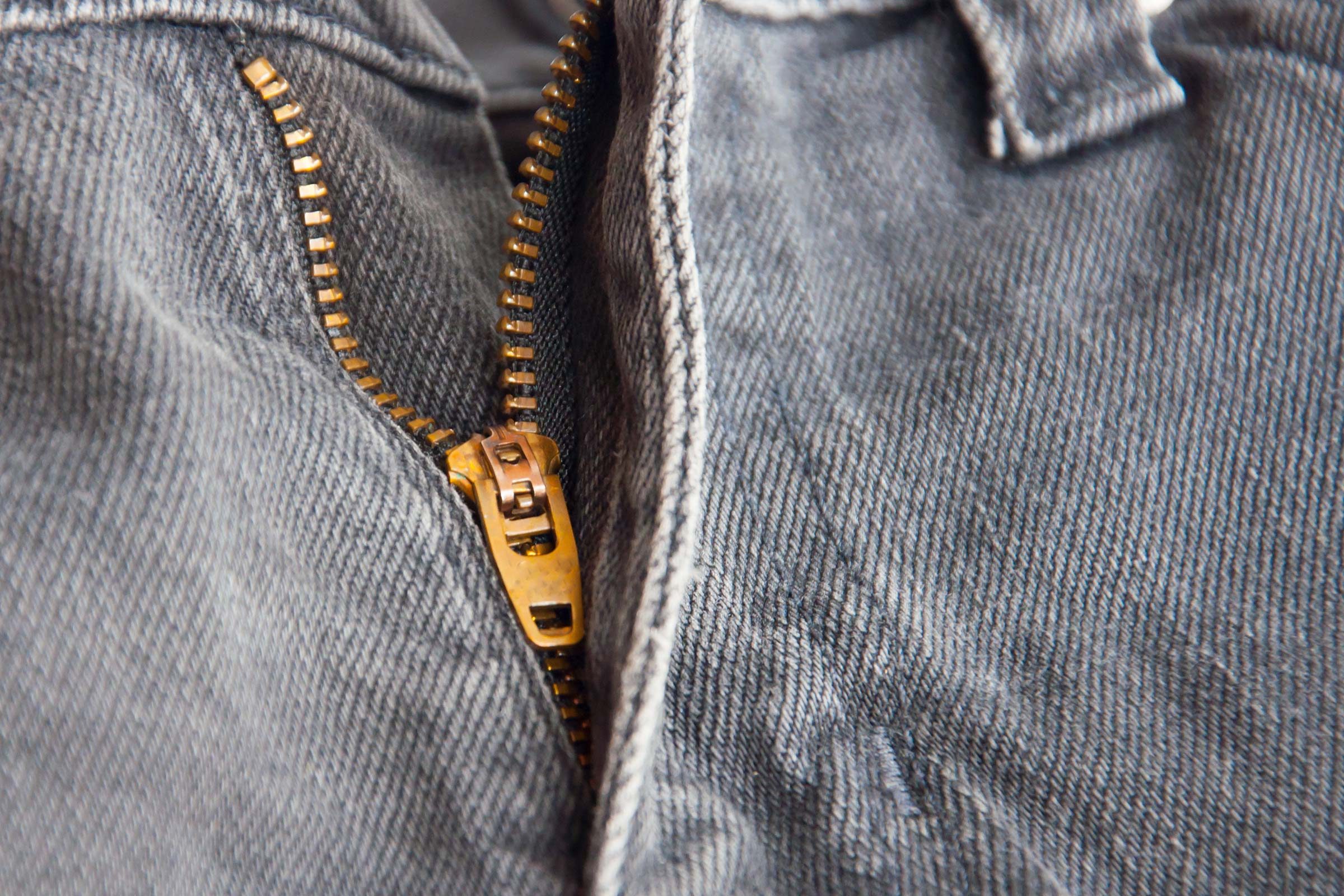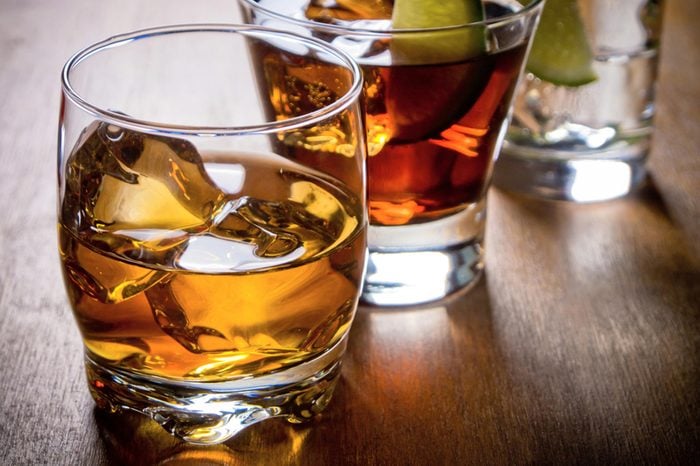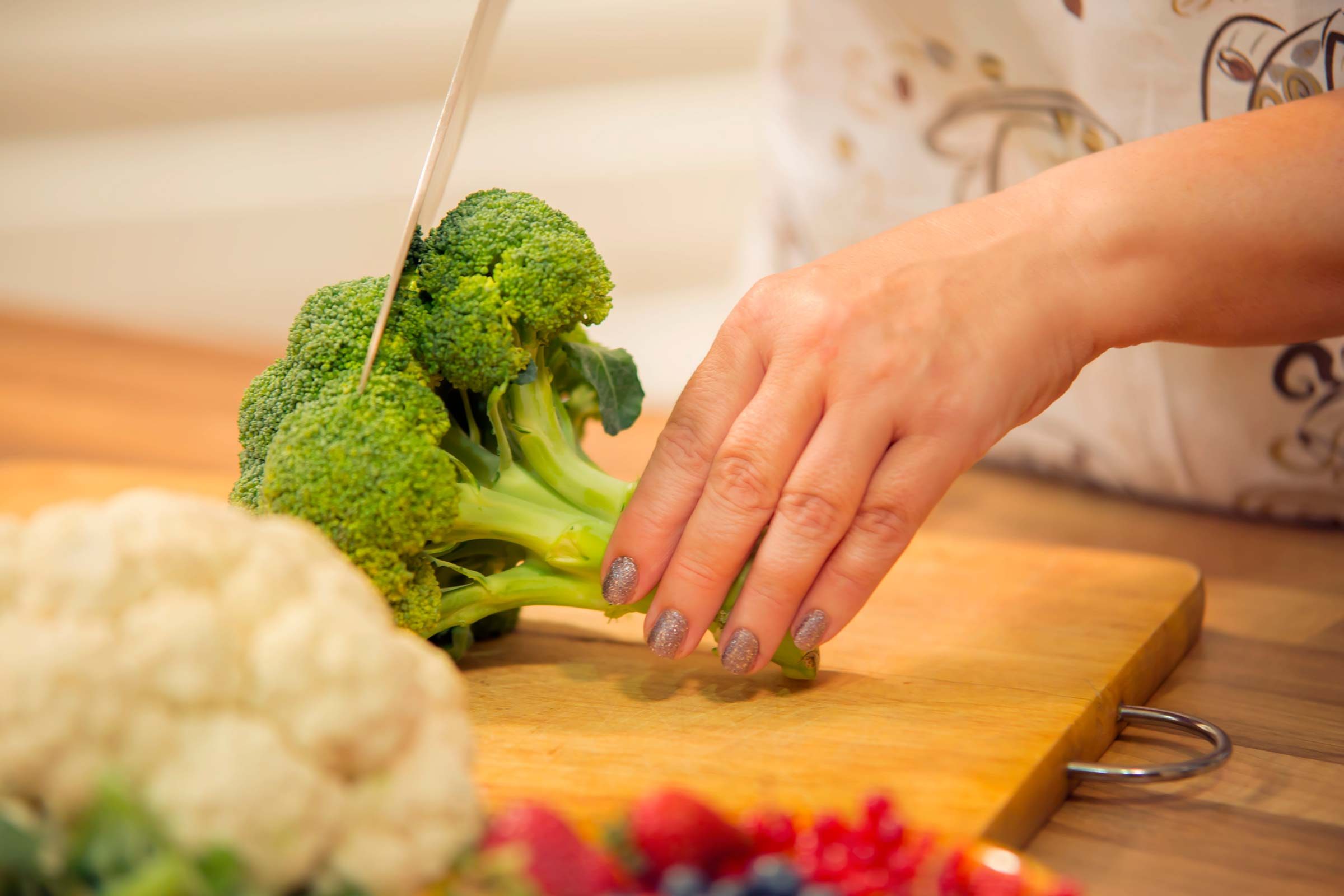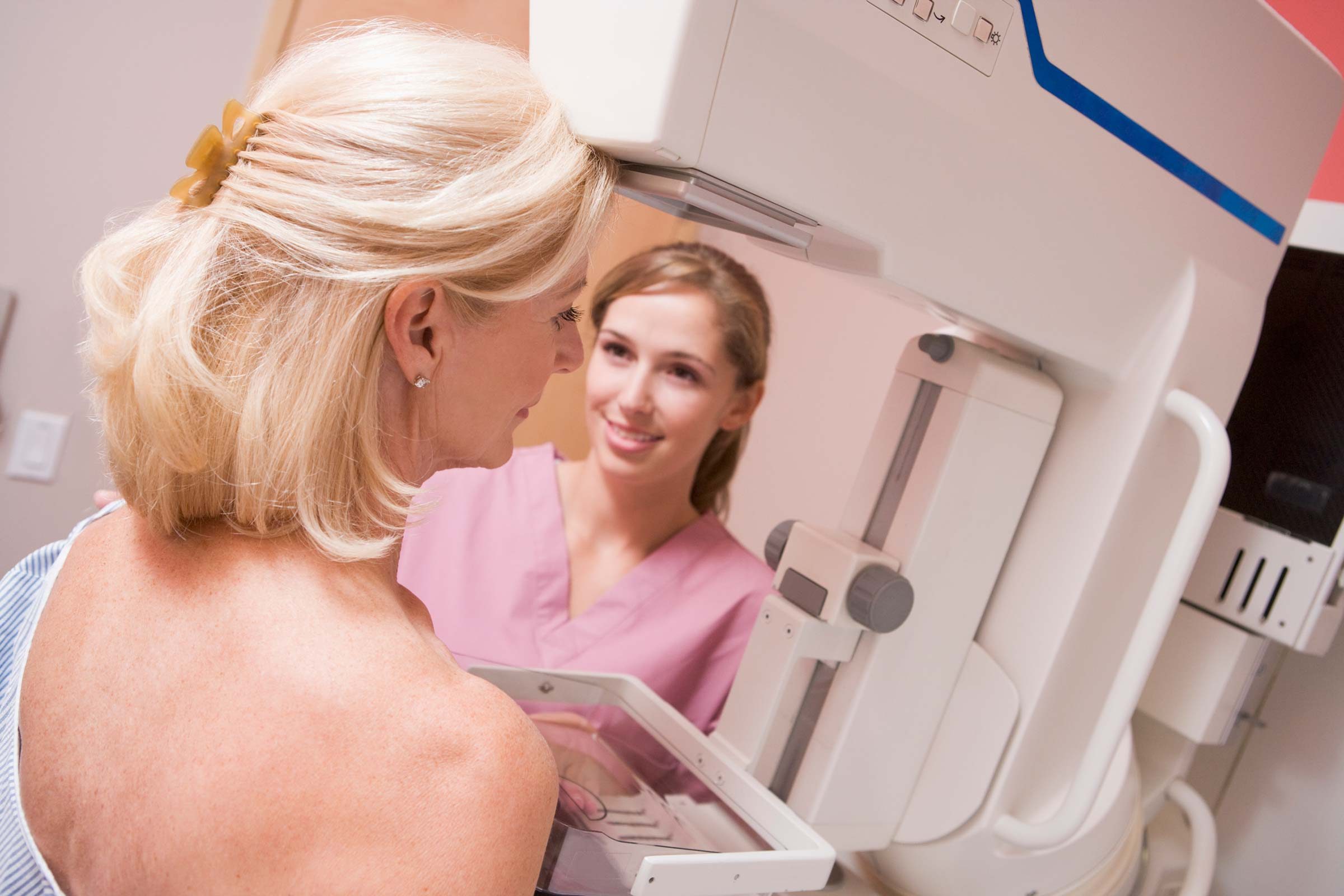When it comes to fighting breast cancer, we focus on breast cancer research, share stories from breast cancer survivors, and launch campaigns that raise awareness about the disease. The reality is that the disease does not discriminate and isn’t always preventable. There are some risk factors that we cannot change, such as getting older or inheriting certain gene mutations. However, there are also lifestyle-related breast cancer risk factors that we may be able to modify. Adopting these seven habits may help you curb the risk and make well-informed decisions when it comes to your health.

Watch your jeans size
Being overweight or obese—especially after menopause—increases your chances of developing breast cancer; one of the best breast cancer prevention tips is to maintain a healthy weight. “The more fat or adipose tissue you have in your body, the more estrogen you can potentially produce,” explains Taraneh Shirazian, MD, OB/GYN, an obstetrician and gynecologist in NYU Langone in New York City and a founder and mom in chief of Mommy Matters. “This excess estrogen is what puts women at increased risk for both breast and uterine cancers.” Regular physical activity, making necessary dietary shifts, and practicing portion control are all part of a successful weight loss/management effort. Here are some of the best weight loss tips we’ve read.

Quit smoking (please!)
It’s no secret that quitting a cigarette habit can help prevent lung cancer and reduce heart disease risk, but it also helps with breast cancer prevention too. A study in the journal Breast Cancer: Targets and Therapy found that smoking—especially if you started at an early age or before having your first child—increases the chances of getting invasive breast cancer. Women who began smoking prior to their first menstrual cycle had a 61 percent higher risk and women who began smoking after their first cycle but 11 or more years before giving birth, had a 45 percent higher risk of developing invasive breast cancer. It’s never too late to make healthy changes now. Take the necessary steps to quit smoking today. And if you’ve never touched a cigarette, stay on track and don’t start.

Cut down on alcohol
As little as one to two drinks or more of alcohol per day may increase the risk of breast cancer, the Susan G. Komen Breast Cancer Foundation reports. Previous research has found an increased risk of breast cancer is associated with alcohol intake. In a meta-analysis published in the British Journal of Cancer, which included 572 studies and 486,538 cancer cases, researchers found the risk for breast cancer was 1.6 times higher in heavy drinkers compared with nondrinkers.

Eat your broccoli and kale and …
If you love noshing on vegetables, keep it up. Eating healthy vegetables may play a role in preventing breast cancer; Rachel Beller, MS, RD, a dietitian and founder of Beller Nutritional Institute, suggests ingesting a range of cruciferous veggies, such as broccoli, broccoli sprouts, cauliflower, cabbage, and kale. These foods contain cancer-fighting phytochemicals and can easily be incorporated into a variety of meals. “One of the most powerful tools to preventing breast cancer is what you put in your body,” she says.

Consume more fiber
Beller is also an advocate for eating more fiber—both soluble in insoluble—for breast cancer prevention. “Evidence from several studies suggests that women who consumed 30 grams of fiber per day had a 32 percent risk reduction of breast cancer,” she says. “Compare that to the women who were eating less than 25 grams a day who only [experienced] a two percent risk reduction, and you have a clear case for eating more than 30 grams of fiber a day!” Chow down on foods like carrots, oats, apples, and barley to get your soluble fiber fix and turn to nuts, green beans, wheat bran and cauliflower for your fill of insoluble fiber foods. These are signs you’re not eating enough fiber.

Schedule your mammogram
Mammograms detect malignant tumors and other abnormalities that can’t be felt with a self-exam. The National Cancer Institute highlights research that shows such screening helps to reduce breast cancer-related deaths in women ages 40 to 74, and especially over age 50. If you’re 40 or older and have never scheduled a mammogram, don’t put it off any longer. Talk to your doctor about when starting mammograms is right for you. Here’s what you should know about the latest government mammogram guidelines.

Know your family’s health history
If your doctor asks you about your family history of breast cancer and you admit that you don’t really know, now is the time to obtain those details. Speak to your family and take note of their health history. About five to 10 percent of breast cancer is believed to be hereditary, which means it occurs directly from gene changes, or mutations, that are passed on from a parent, according to the American Cancer Society. And if your mother, sister, or daughter had a breast cancer diagnosis, your own risk nearly doubles. Staying in the know about your family members’ health can provide helpful insight for you and your doctor. Always be aware of these breast cancer symptoms.
